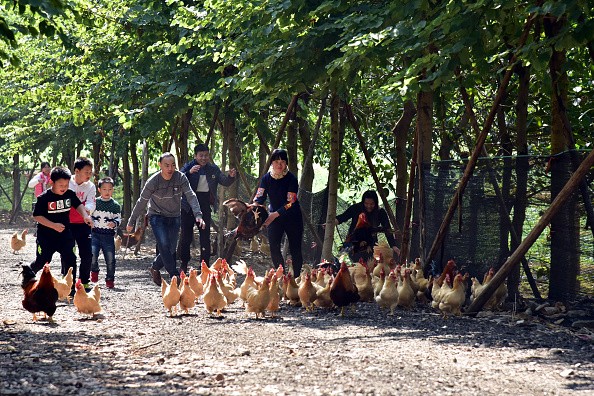A 37-year-old woman is in critical condition after being diagnosed with human H7N9 avian flu in Central China’s Hunan Province.
According to the Hunan provincial disease control and prevention center, the woman had contact with poultry before getting sick.
H7N9 is a bird flu strain most likely to strike in spring and winter. It was first reported in humans in China in March 2013.
Symptoms usually start with high fever and cough. But most cases progress to very serious illness, including acute respiratory distress syndrome (ARDS), septic shock and multi-organ failure leading to death, and severe pneumonia leading to death.
Since January, about a dozen cases have been reported in Jiangxi, Shandong, Hunan, Guangdong, Shanghai, Guizhou, Macao, and Hubei.
In Hunan Province alone, the total number of infections has reached 16, including five fatalities, this year.
The National Health and Family Planning Commission called for more efforts to prevent and control the spread of the flu virus.
The public is advised to avoid contact with live and dead poultry, birds and their waste, and buy certified-poultry products only.
In Dec. 2016, there were 160 H7N9 cases in the Chinese mainland, including 20 deaths.
Recently, a 36-year-old roast-duck vendor from Central China Henan Province died after contracting the flu.
The Chinese Center for Disease Control and Prevention experts said having more cases in southern China is possible as China entered the high season for H7N9 infections.
As of the moment, there is no vaccine to protect against H7N9 virus.



























